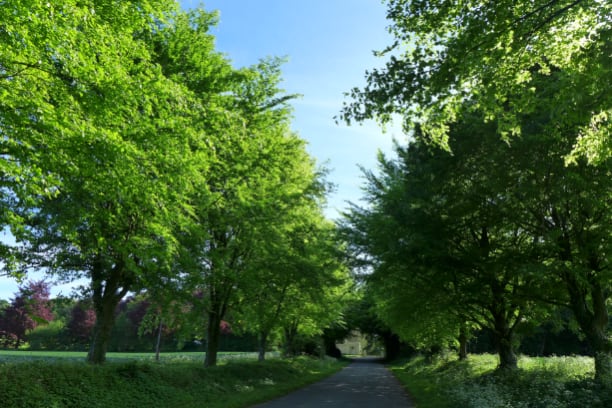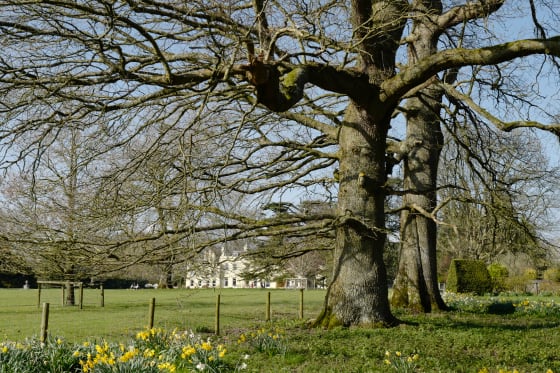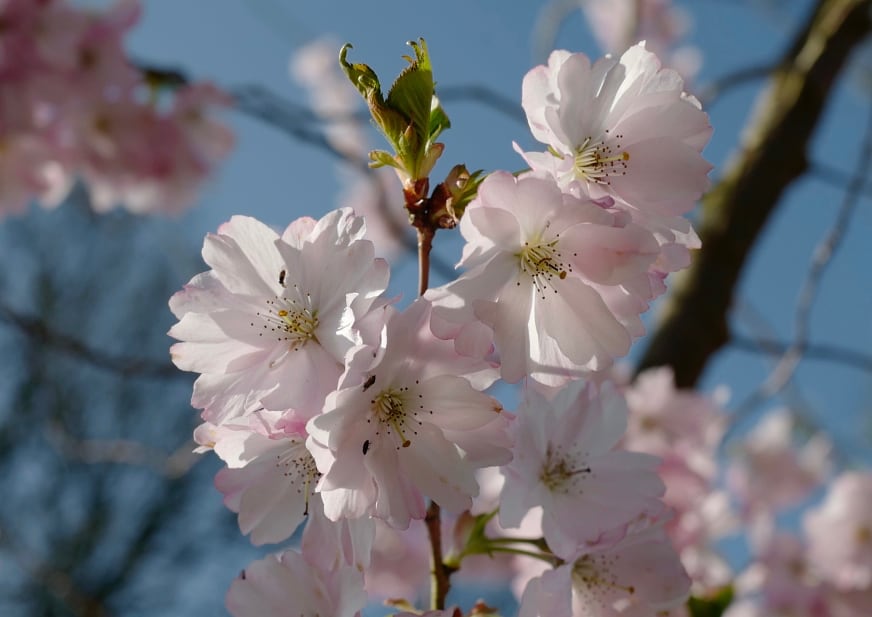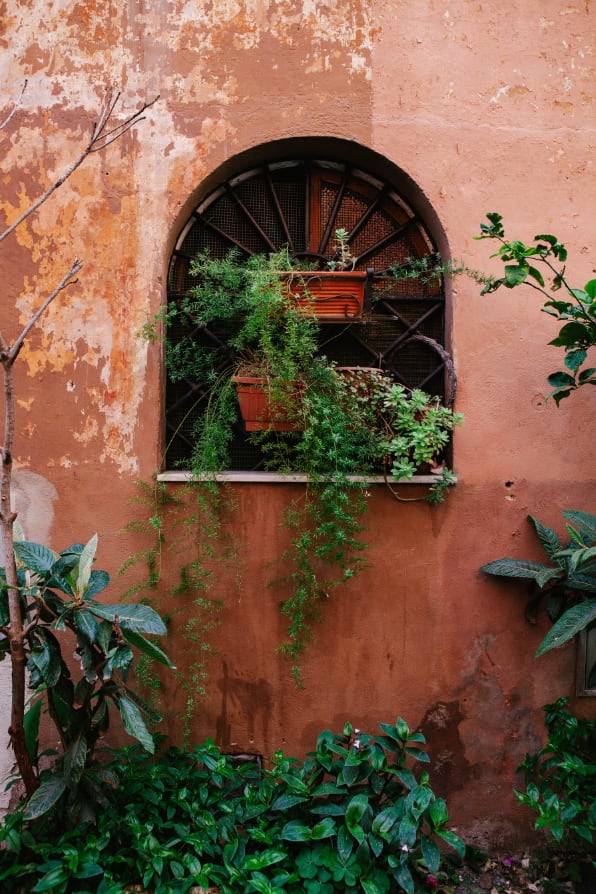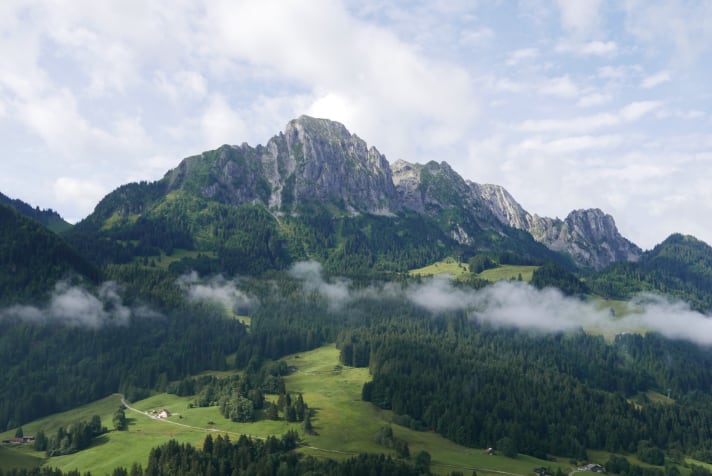
Krishnamurti Information Network
A place to explore and discuss
the meditations of J. Krishnamurti
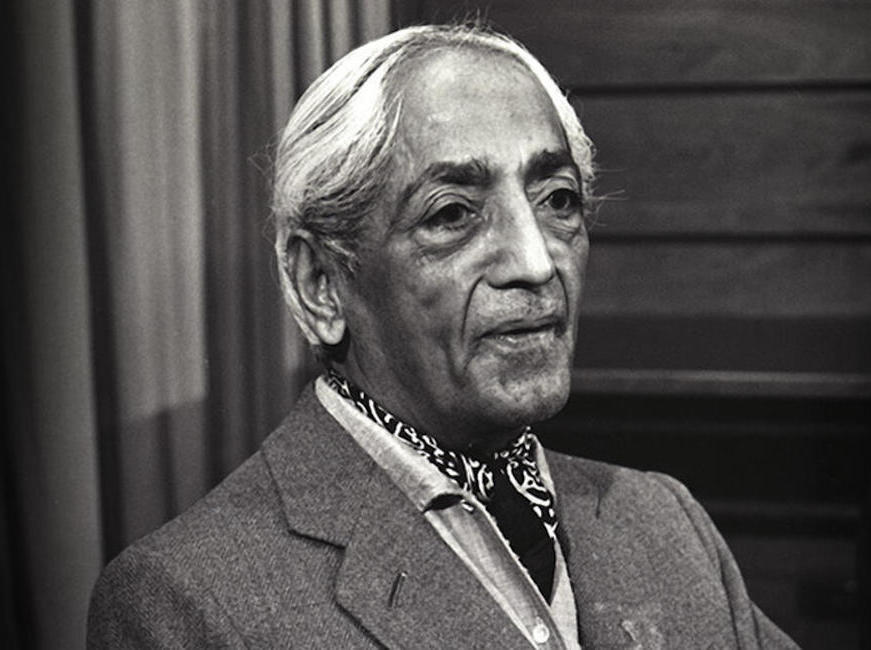
Jiddu Krishnamurti (1895 - 1986)
"His language is naked, revelatory and inspiring. . . Instead of an obstacle race or a rat trap, it makes of daily life a joyous pursuit. There is something about Krishnamurti's utterances which makes the reading of books seem utterly superfluous."
Henry Miller
"A clear contemporary statement of the fundamental human problem, together with an invitation to solve it in the only way in which it can be solved – by and for oneself."
Aldous Huxley
"I was struck by the great ease of communication with Krishnamurti, which was made possible by the intense energy with which he listened and by the freedom from self-protective reservations and barriers with which he responded to what I had to say."
David Bohm
